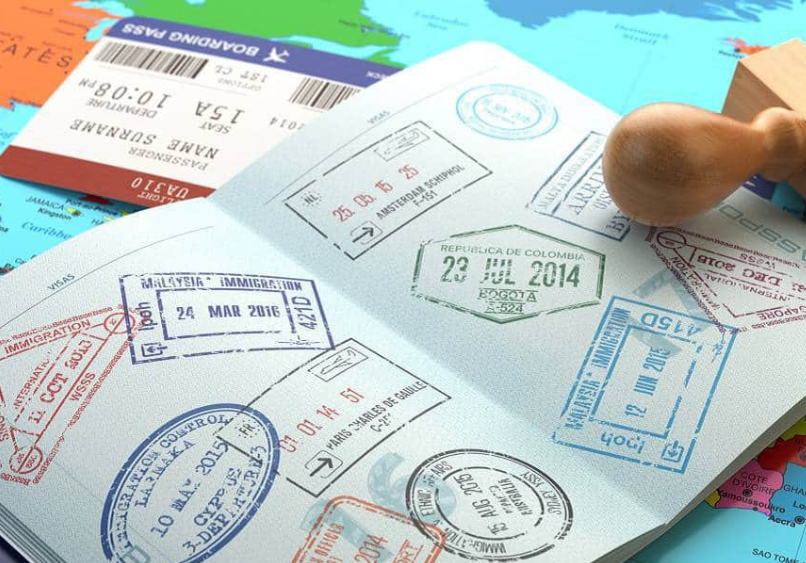Travel abroad is a one-of-a-kind adventure, changing with each destination tackled. Gulp in the fresh air of the Alps, gaze at the vistas in Machu Picchu, or graze the food stalls sampling Hong Kong’s world-renowned street food! And what are just as varied as the fun awaiting you on your travels? The travel requirements for your trip! And some of them aren’t fun. So, get organized, get those tasks over with, and get on to the good stuff!
One of the very first things you should take care of is your visa. For attorneys traveling to take depositions out of the country, the last thing you need is to get new dates approved and Noticed because you were slacking on something as basic as a visa. Have a look at these tips to keep the process stress-free and seamless.
Check the Visa Requirements
Do you even need a visa? Maybe this can all be avoided. Fingers crossed! Many countries do not require a visa for stays of 90 days or fewer (most of Europe, for example). Maybe you can happily cross out visa on your travel to-do list as you peruse the entry requirements for your destination. You can find those requirements listed on the country information page under the International Travel section on the U.S. State Department’s website. Handily, you can also find passport and vaccination requirements, as well as helpful travel tips (safety precautions, for example) on that same page.
Learn the Visa Process
If a visa is required, well, you just need to secure one. It may not be the pain you think. If a visa is required, how long is the process to obtain one? India has for years had a notoriously lengthy visa process, with officials being extremely vigilant to ensure visitors have the correct type of visa as well. This has changed somewhat recently with the introduction of the ETA (electronic travel authorization), which would be suitable for attorneys traveling to India to take depositions.
Know the Timeline
Just make sure to familiarize yourself with the application process should you need to apply for a visa for your deposition travel. Take the advised processing time seriously and allow yourself some cushion as well when applying for any visa. The last thing you want is to have to delay the deposition because the visa was not obtained in time!
Use a Work-Around
Anxious to avoid the whole visa issue altogether? If so, consider other options for taking the deposition. Videoconference or even mobile videoconference (laptop to laptop) could be the way to go! This is a particularly appealing solution if you only have one or maybe two brief depositions. A global court reporting agency can book the videoconference suite in, say, Hong Kong for you, and ensure you have a reporting team in place.
Keep in mind, it is always recommended that both the interpreter and reporter be present with the witness for videoconference depositions requiring an interpreter. You may need to give the reporting agency a bit of extra lead time in case the reporting team will need to obtain any visas, even if you don’t have to go through that rigmarole yourself.
Be Aware of the Special Visa
There is a special deposition visa required for Japan. This only applies to depositions in Japan but must be included in a blog devoted to all things visa! Any non-resident attendee to a deposition in Japan MUST have this special visa. To obtain the deposition visa, the attendee must be listed on the court order, and should apply for their deposition visa at least 3 weeks in advance of the deposition.
With your visa secured, and any other travel requirements checked off the list, you can move on to the fun part of planning. Your court reporting team can give you a few notes! Pack your bags, grab your visa, and set off for your issue-free travel and depos, and exciting trip!
Planet Depos has been covering depositions all over the world for nearly two decades. For more information or to schedule international depositions, use our easy online scheduling portal or call us at 888.433.3767.

